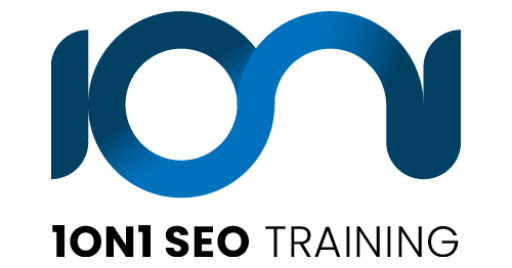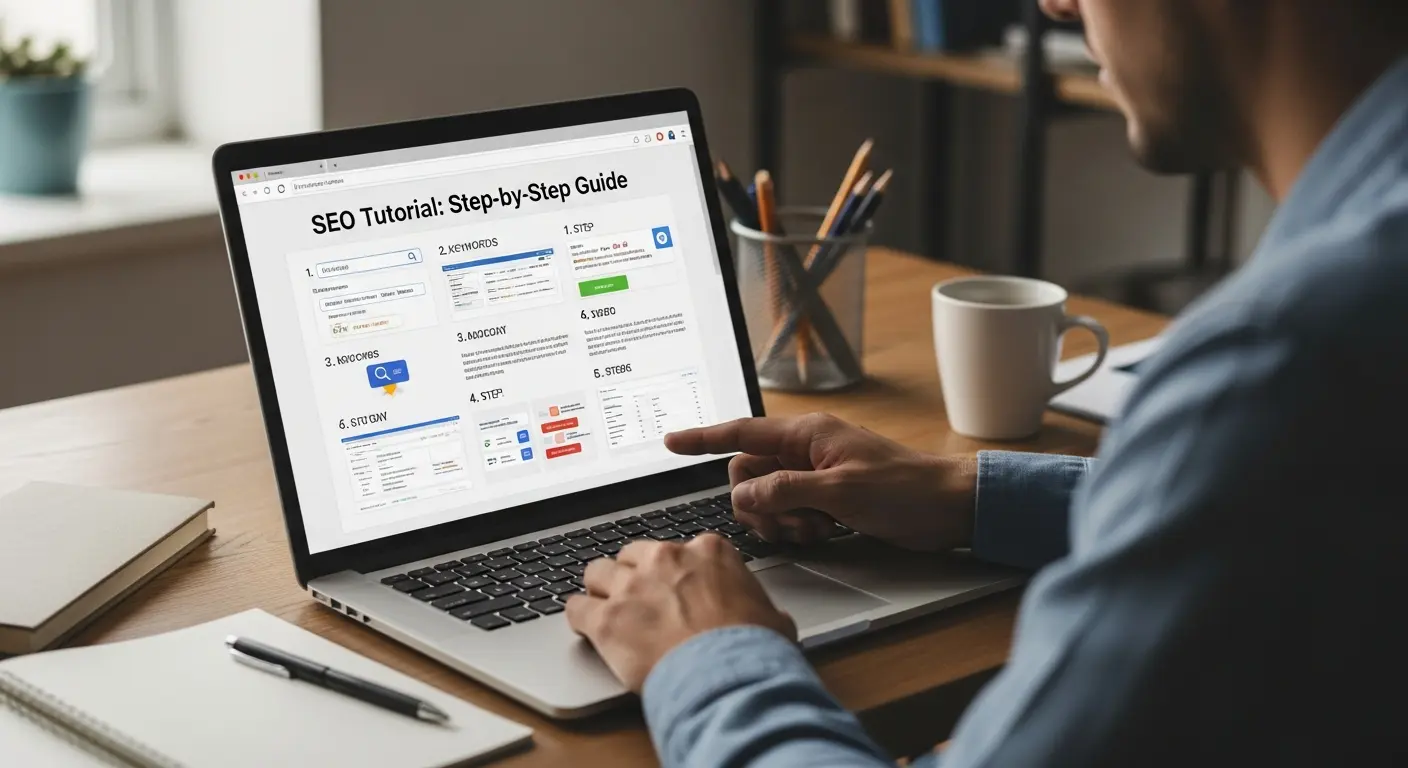Do you or anyone you know fear SEO and digital marketing like the plague?
Marketing phobia has always been real because, let's face it; the internet has always been the frontier, no matter how high-tech things get.
It's hard to ignore your fear of SEO when you are an entrepreneur with a new website that isn't getting any traction, and you're watching your competition pulverize you in the SERPs every day.
You might be thinking, well, what's holding me back from pursuing the only marketing channel that has survived so much in the past two decades?
Why are you still afraid of SEO even though it has expanded through the years and regular consumers now have access to essential and easy-to-use SEO tools that allow them to research, plan, execute and measure results afterward?
Many business folk develop SEO phobia because of watching too many YouTube videos and reading too many comments from digital marketing forums.
There will be naysayers and doomsday preppers in every community. They're not going away, but that doesn't mean that you must follow their lead toward marketing oblivion. On the contrary, SEO is a beacon of hope for businesses.
SEO is not magic, it is not voodoo, and its results are completely measurable. So if something goes wrong, there are ways to trace the process and find out what's causing the problem.
Google is not impenetrable, and the language of ML/AI and algorithms are comprehensible to us ordinary humans.
Essentially, nothing should be holding you back anymore. But maybe at the back of your mind, you're still hesitant.
Let's talk about the common fears people have about SEO, and let me bring my years of professional SEO experience to guide you away from the cobwebs of misinformation.
"SEO will drive my business to the ground."
Search engines may penalize a website for making too many drastic changes at once. Still, many SEO specialists prefer to make changes incrementally to avoid harming your website's search engine results page rankings. Therefore, every time a specialist or a company is working on your website, you should always keep track of their progress. You may not see any significant results from SEO in a week or a month because it is a long-term strategy to grow your business.
"All SEO professionals and agencies are scammers."
SEO newbies may target scammers because they are less knowledgeable in the field. If you want to avoid wrong information, the answer is self-education. Invest time in research and webinars to get up to speed.
Scammers will avoid you if you look for common red flags, such as promises and glittery guarantees. Be wary of SEO firms or specialists who make promises or guarantees to you, such as topping SERPs in a month or less. Google indexes and provides information based on various factors, and new updates can permanently affect your position. Not even Google knows when it will index your site next.
"SEO is so complex."
You may have been surprised to learn how many factors go into determining a website's ranking.
For example, many experts believe that Google uses over 200 different aspects to decide where to place your website in its search results.
For many business owners, the apparent complexity of SEO is enough to scare them away from dealing with it. Alternatively, they may begin to obsess over just one ranking factor, believing that it is the only one that matters and ignoring the rest.
A few basic SEO strategies can suffice for business owners who are happy to learn about and implement them. A good start, but SEO's full power and potential will never be realized.
Even though large corporations may handle all of these issues at once, smaller businesses can gradually focus on implementing new features over time. Even if your rankings and customer base don't rise as quickly as you'd like, slow and steady wins the race.
Understandably, you'd be apprehensive about devoting time and resources to SEO. As a beginner in SEO, you're likely to have these concerns. However, some of those anxieties can be alleviated if you know what to expect from an SEO strategy.
SEO is an effort-intensive endeavor. Misconceptions about search engine optimization (SEO) are common among those who have never worked in the field. You'll be able to implement your strategy or work closely with an SEO consultant once you've learned more about SEO. Don't let fear get ahead of you! Instead of allowing fear to thrive, let your digital business thrive this time.
"SEO is unlearnable and too hard."
SEO isn't always a piece of cake, so let's face it. To gain the marketing strategies your company requires, you'll need to put in the time to know about SEO. A new best practice emerges every day in digital marketing.
Following blogs, reading posts, and watching digital marketing tutorials is a great way to stay up-to-date on the latest SEO techniques and strategies. SEO can significantly impact your business by allowing you to connect with your ideal customers.
"SEO will bankrupt me because it takes so long."
SEO is a long-term channel for business growth. For the first few months, you may not notice any significant changes. Every client is unique. Any organization can optimize its site for the web. It doesn't matter if you represent a law firm or a plumbing service in a busy city.
The best SEO practices that pay off in the long term. Whatever you're filed, you need to write and post new content frequently and build tremendous and authentic links to your site. These steps should be given top priority for the best results. As a result, you should see an increase in your SEO rankings over time.
Investing in search engine optimization (SEO) is an excellent long-term strategy for promoting a business's online presence. Forget about SEO myths and misinformation. Instead, discover and use the power of SEO to grow your business instead of relying on them.




